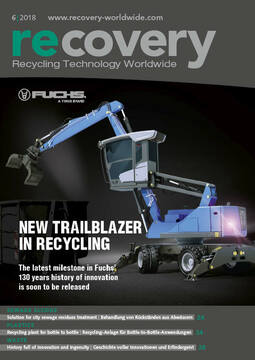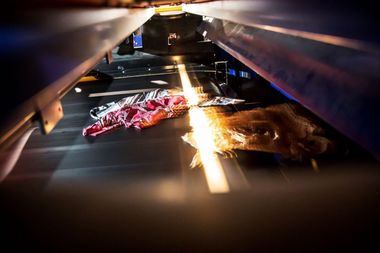Focus on „New Plastics Economy“
TOMRA’s New Plastics Economy team will work to encourage the sorting and recycling of post-consumer plastics such as Polyolefins and Styrenes, to change the widespread practice of burning such materials or sending them to landfill. TOMRA is also committed to working with packaging producers to help make packaging more widely recyclable; to reduce the reliance of packaging production on raw materials; and to contribute to the drive for upgrading post-consumer plastics, so that there is greater use of recycled rather than virgin materials.
László Székely joined TOMRA brand TITECH (rebranded later as TOMRA Sorting Recycling) in 2012 after completing studies in waste management and contaminated site treatment at the Technische Universität Dresden, in Germany. Serving as a Business Development Engineer, László was TOMRA’s segment-champion for applications capable of sorting glass from different waste streams, with joint responsibility for development of the AUTOSORT Laser glass-sorting unit. He was also closely involved in the planning and construction of the first two automatic MSW (municipal solid waste) sorting plants in Hungary, and assisted two big brands with upgrading for post-consumer plastics (Polypropylene). Since 2017 László has been involved in projects focusing on post-consumer polyolefin packaging, PET trays and working with packaging and converter businesses.
TOMRA’s NPE work will also involve, at a senior level, Jürgen Priesters, Vice President, Head of Business Development Recycling, and Business Development Engineer Charlotte Glassneck.
The vision of the New Plastics Economy, which applies principles of the circular economy, was created by the Ellen MacArthur Foundation with three ambitions: to create an effective after-use plastics economy by improving the economics and uptake of recycling, reuse and controlled biodegradation for targeted applications; to drastically reduce leakage of plastics into natural systems (especially the ocean) and other negative impacts; and to decouple plastics from fossil feedstocks. Although these aims were launched in 2016 as a three-year initiative, they have built a momentum which will inspire action for many years to come.






